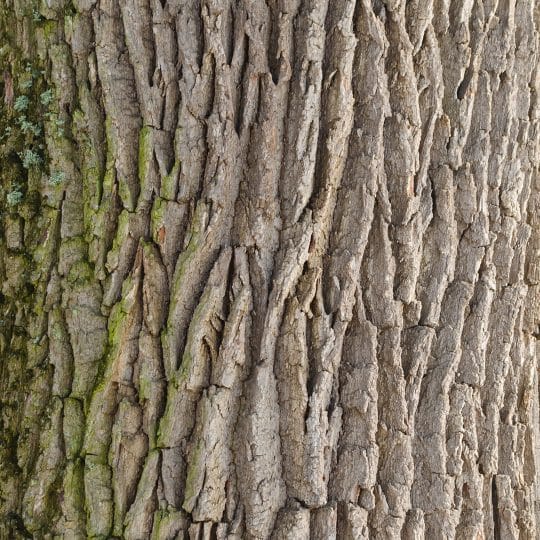Scaling Back Tree Scale
Identifying, Preventing & Treating These Pests
Posted
August 23, 2018

Resembling small bumps on twigs and branches, tree scale may look and sound like a type of fungus or other plant-based disease. However, it’s actually a sap-sucking insect that’s hard to control. These insects feed on most trees and plants, and while some types of scale can do a lot of damage, others are harmless. Read on to learn more about the different types and how to control them.
Types of Tree Scale
There are two main types of tree scale—soft and armored (hard). Both use long, needle-like mouths to suck out sap from the host tree or plant. Here are how they differ.
Soft Scales:
- Shaped like rounded bumps.
- Usually larger than armored scales.
- Don’t have a shell.
- Secrete a cotton-like or waxy substance over their bodies for protection.
- Produce a sugary liquid called honeydew. This sticky substance can land on picnic tables, walkways, and cars below the infected tree. It also attracts a sooty mold fungus which covers and discolors infested trees, plants, and surrounding areas. Honeydew’s sweetness can also attract ants, bees, and flies.
Armored Scales:
- Shaped like a flattened sphere.
- Have a hard protective shell.
- Don’t produce honeydew.
Tree Scale Damage
During early stages, scales crawl around a plant or tree, and once they reach adulthood they stay focused on feeding from one spot of the host. Of course, this weakens the tree or plant, and can cause the following damage:
- Branches covered with small bumps/insects
- Yellow or brownish leaves
- Premature leaf drop
- Twig or branch disease
- Slower growth
- Death
Preventing and Treating Tree Scale
If a strong, healthy tree becomes infected, it’s easier to fight off disease and pests. Help keep trees healthy with regular, proper pruning maintenance. If you notice any infestation on the tree, immediately prune back the twig or branch and dispose of it.
Since adult scales stay in the same place, they are an easy food source for predatory insects like ladybugs and lacewing. Introduce these helpful insects into your garden as a more natural treatment.
Scale insects are hard to treat chemically because the protective shells or coatings act as a barrier for pesticides. Scales are most vulnerable right after they hatch when they are looking for a place to feed. Insecticides can be injected into the soil or tree trunk. Insecticidal soap can be used to kill any signs of larvae. Horticultural oils are less toxic, and work by smothering the insect during any stage.
For help with identifying, treating, and preventing tree scale and other pests, contact Elite Tree Care for more information.